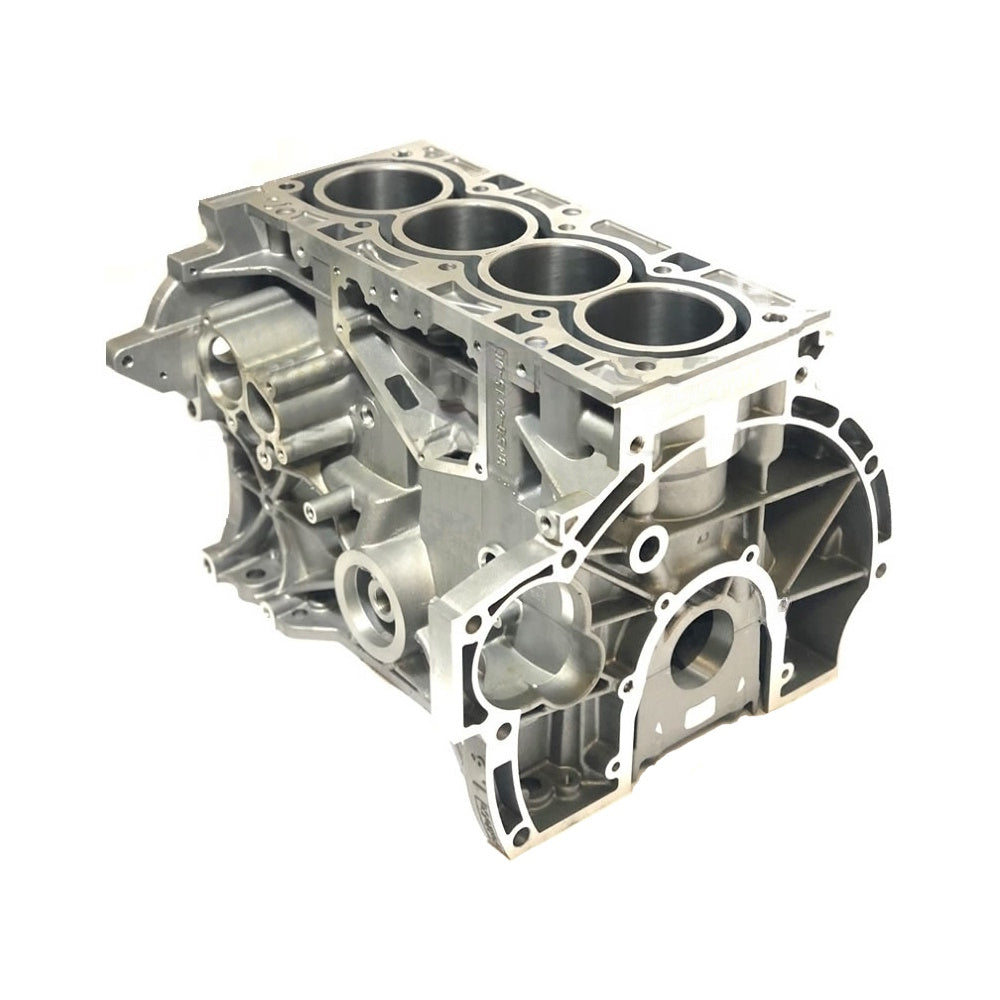Unlocking the Power of Engines: A Comprehensive Overview to Performance and Performance
Recognizing the intricate technicians of engines is crucial for both performance enthusiasts and everyday chauffeurs. The responses might redefine our approach to engine performance and efficiency in ways that are both informing and crucial.
Recognizing Engine Essentials
What makes up the essential mechanics of an engine? At its core, an engine is a device designed to transform fuel right into mechanical power via a series of controlled surges or combustion procedures.
The crankshaft after that transforms this straight movement into rotational power, which eventually powers the vehicle. The camshaft regulates the opening and closing of the valves, regulating the intake of air and fuel and the expulsion of exhaust gases. Furthermore, the engine relies upon a very carefully calibrated fuel-air combination, ignition system, and cooling system to ensure ideal performance and efficiency.
Comprehending engine basics additionally involves identifying the relevance of engine cycles, such as the four-stroke cycle, which consists of consumption, compression, power, and exhaust strokes. Each phase is crucial in making sure the engine functions efficiently and effectively. Mastery of these basic mechanics prepares for discovering much more intricate engine dynamics and performance metrics, necessary for optimizing both power outcome and performance.
Key Efficiency Metrics
Secret efficiency metrics are important for examining an engine's effectiveness and power result, providing important insights for both consumers and producers. These metrics function as benchmarks for engine efficiency, enabling educated choices in manufacturing, layout, and investing in.
Among the main metrics is horsepower, which measures the engine's capability to do job over time. Torque, determined in pound-feet, is an additional crucial statistics that suggests the engine's rotational pressure, straight influencing velocity and lugging capability. Fuel efficiency, usually determined in miles per gallon (MPG) or liters per 100 kilometers (L/100km), evaluates just how properly the engine transforms gas right into movement, influencing ecological considerations and functional prices.
Furthermore, thermal effectiveness steps how well an engine transforms gas power into helpful job, disclosing insights into power losses largely with heat. Exhaust degrees, including carbon dioxide and NOx, are additionally essential, mirroring the engine's environmental impact and conformity with regulative standards.

Tuning Strategies for Efficiency
Tuning techniques play a significant duty in enhancing engine efficiency by enhancing performance metrics determined in earlier discussions (ford fiesta engine). Different methods exist to adjust an engine, each adding to boosted gas economic situation and reduced emissions
One reliable technique is changing the air-fuel proportion, making certain the engine runs within the ideal burning regimen. A leaner blend can improve fuel effectiveness, but it must be stabilized to stop misfires or engine knock. In addition, reprogramming the engine monitoring system can alter specifications such as ignition timing, which even more improves efficiency while maintaining power output.
An additional crucial technique involves modifying the intake and exhaust systems. Upgrading to high-performance air filters and exhaust headers can reduce back stress, facilitating much better airflow. This allows the engine to breathe even more easily, leading to enhanced burning effectiveness.
Moreover, the execution of sophisticated adjusting devices, like dyno testing, gives specific information that enables targeted changes. Regularly monitoring these efficiency metrics ensures that adjusting efforts produce the preferred performance results. Jointly, these strategies not just bolster engine efficiency but likewise add to long-lasting sustainability in engine operations.
Upkeep for Ideal Efficiency
Regular engine upkeep is important for attaining ideal efficiency and durability. A well-kept engine not just operates successfully but additionally reduces the threat of costly repair services and breakdowns. Secret components calling for regular interest consist of oil, filters, belts, and ignition system.
Changing the engine oil at suggested periods is vital, as oil lubes relocating parts and stops getting too hot. Similarly, important source replacing oil and air filters makes certain that contaminants do not hinder engine feature. Neglecting these elements can cause lowered efficiency and potential engine damage.
Furthermore, evaluating and changing used belts and hoses is important to stop sudden failings. Timing belts, specifically, need to be changed according to the manufacturer's routine to prevent disastrous engine damage.
Ignition system ought to likewise be inspected and replaced as required, since they play a vital function in ignition and gas effectiveness.
Future Patterns in Engine Innovation
Accepting developments in modern technology, the future of engine layout is poised to revolutionize efficiency and efficiency throughout different applications. Hybrid and totally electric powertrains are becoming progressively traditional, supplying minimized discharges and boosted fuel performance.
Additionally, technologies in materials scientific research are causing lighter, more powerful elements that boost engine performance while lowering power intake. Advanced production techniques, such as 3D printing, enable the development of link complex geometries that boost airflow and thermal administration, thus enhancing burning processes.
Additionally, the integration of fabricated intelligence and artificial intelligence is readied to change engine diagnostics and efficiency tuning. These technologies can examine substantial amounts of information in actual time, enabling anticipating upkeep and tailored performance improvements.
Verdict
Finally, opening the power of engines calls for an extensive understanding of their technicians and efficiency metrics. Applying effective tuning techniques and sticking to regular maintenance practices substantially boost engine abilities. As the auto landscape evolves, embracing future patterns in innovation, consisting of electrification and progressed production, will certainly be crucial for optimizing performance and efficiency. This extensive method not only benefits lovers however likewise adds to sustainable services in the realm of auto design.
In addition, the engine depends on a thoroughly calibrated fuel-air you could try here mix, ignition system, and cooling down system to make sure optimal efficiency and effectiveness.
Understanding engine essentials also involves identifying the importance of engine cycles, such as the four-stroke cycle, which consists of intake, exhaust, compression, and power strokes. Mastery of these basic mechanics lays the foundation for exploring extra complicated engine characteristics and performance metrics, essential for maximizing both power result and efficiency.

Accepting innovations in innovation, the future of engine style is poised to transform performance and efficiency throughout different applications.